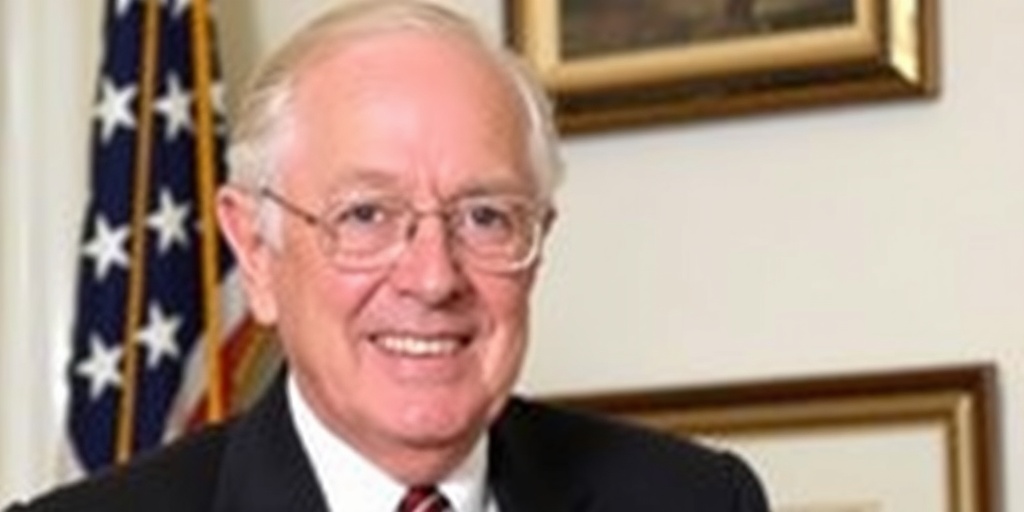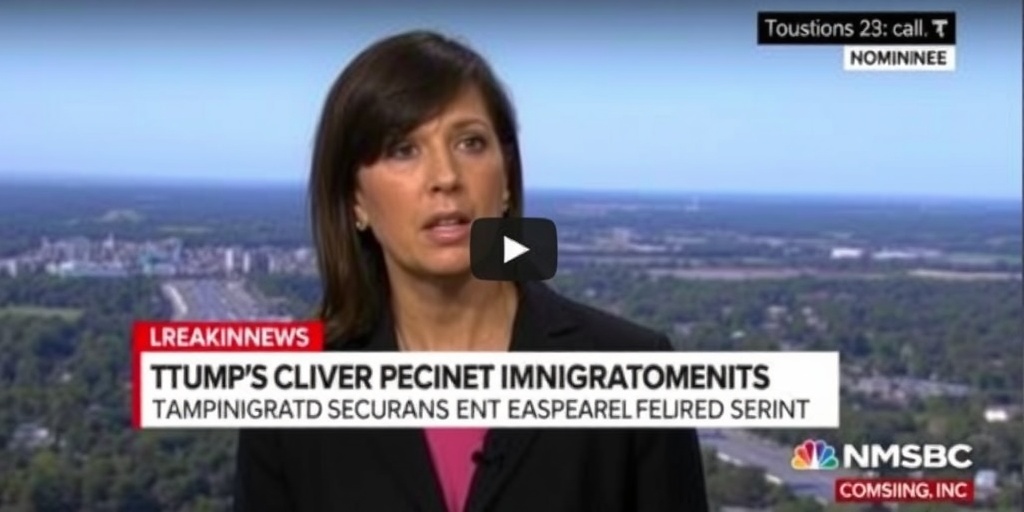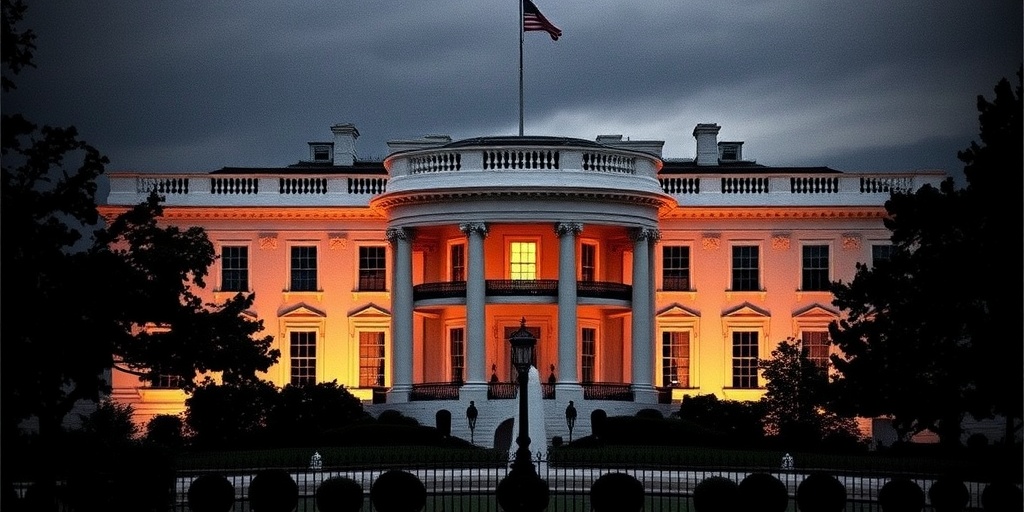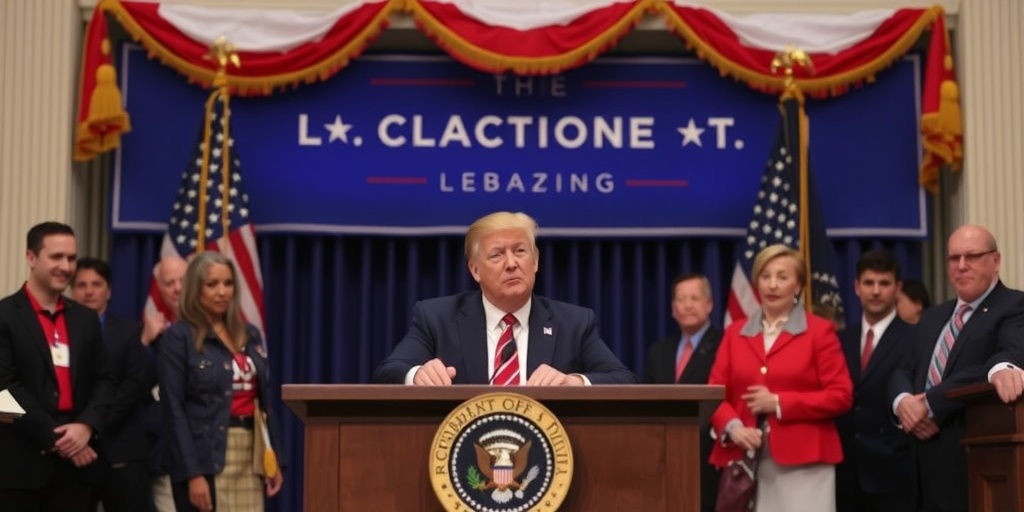Now Reading: Trump’s Tariffs Impact Canada’s Election Campaign
-
01
Trump’s Tariffs Impact Canada’s Election Campaign
Trump’s Tariffs Impact Canada’s Election Campaign
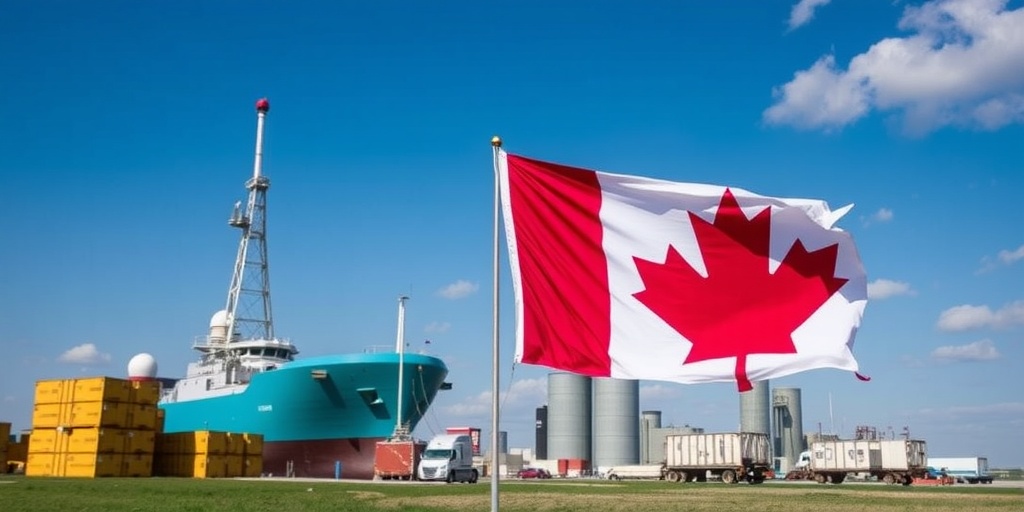
Canadian PM Mark Carney Responds to Trump’s Tariff Announcement Impacting Auto Industry
On Wednesday, Canadian Prime Minister Mark Carney held a crucial campaign event on the bridge linking Windsor, Ontario, to Detroit, Michigan, a vital artery through which approximately $300 million worth of auto parts cross daily. Carney’s presence was not merely a symbolic gesture; he came to unveil a comprehensive survival strategy for Canada’s auto industry in the face of potential tariffs from the United States.
As the election campaign progresses, Carney announced a series of initiatives aimed at protecting workers and supporting industries reliant on automobile production. He proposed a significant fund of 2 billion Canadian dollars to transform the Canadian auto sector, preparing it for a future that may lack substantial access to the U.S. market if import tariffs are implemented by President Donald Trump.
The stakes associated with the auto industry in Canada are considerable. Automobiles and their components represent the country’s second-largest export by monetary value, providing approximately 500,000 jobs both directly and indirectly. The sector accounts for around 10 percent of Canada’s manufacturing gross domestic product (GDP), highlighting its critical role in the national economy.
However, as fate would have it, shortly after Carney’s announcement, unforeseen news hit. President Trump unveiled plans to impose a sweeping 25 percent tariff on all imports of cars and auto parts, effective April 2, with Canada receiving no exemption from this measure. Trump’s abrupt decision came without prior notice to Canadian officials, shocking the industry and government alike.
“This is a direct attack,” Carney asserted during a subsequent campaign stop, indicating the tariffs could sever ties between the two countries, stressing that these developments were undermining the longstanding bilateral relationship. In light of these new developments, Carney suspended his campaign activities to return to Ottawa for an emergency cabinet meeting.
The election campaign commenced just days before these announcements, and the impact of Trump’s trade agenda was expected to be a significant topic of discussion. However, few anticipated the president’s tariffs would overshadow Carney’s initial transformative plans for the auto sector.
Following Trump’s unilateral tariff announcement, the responses from the leading Canadian political parties varied. Carney’s Liberal Party emphasized the need for a robust and self-sufficient Canadian auto manufacturing network, given that auto parts frequently cross the Canadian-American border multiple times before final assembly. The potential for a trade war introduces notable vulnerabilities, Carney remarked.
On the other side, Conservative leader Pierre Poilievre took a more generalized approach, calling for a cessation of the carbon tax and promoting the expansion of Canada’s energy sector to stimulate the economy. He did not present specific solutions to the auto industry’s immediate challenges but indicated a desire for Canada to become more self-reliant overall.
Meanwhile, New Democratic Party (NDP) leader Jagmeet Singh advocated for strict measures against American auto companies wishing to sell products in Canada, insisting that they either manufacture vehicles locally or utilize Canadian parts. He expressed a determination to utilize existing government subsidies to prevent the removal of machinery or tools to the United States.
Industry experts provide a sobering assessment of the implications of these tariffs. Greig Mordue, the former general manager of Toyota Motor Manufacturing Canada and now a professor at McMaster University, predicted devastating consequences for the Canadian parts industry. He noted that the profit margins on auto parts are significantly lower than the proposed tariff rate, rendering many operations financially unsustainable.
Even with the potential for automakers to source parts from the U.S. to mitigate tariff impacts, Mordue warns that this does not bode well for the future. He expressed skepticism concerning the viability of a self-sufficient Canadian auto industry, suggesting that historical attempts to establish a standalone Canadian car manufacturing sector have not found recent traction.
As the week drew to a close, Carney and Trump engaged in their first dialogue since the announcement, seeking to maintain a positive tone. Nevertheless, Trump reiterated that tariffs against Canada would indeed take effect as planned on April 2.
The geopolitical landscape between the U.S. and Canada remains fraught with complexities as Canada grapples with the impending tariffs and their cascading effects across the manufacturing sector. Caught in the trade war’s crossfire, Canadian industries, including the auto sector, face an uncertain future as they attempt to navigate the myriad challenges posed by shifting trade policies and international relations.
In conclusion, the developments surrounding Prime Minister Mark Carney’s auto industry initiatives and President Trump’s tariff announcements illustrate a precarious moment for the Canadian economy, particularly for the manufacturing sector, as the consequences of this trade war continue to unfold.
Stay Informed With the Latest & Most Important News
Previous Post
Next Post
-
 01New technology breakthrough has everyone talking right now
01New technology breakthrough has everyone talking right now -
 02Unbelievable life hack everyone needs to try today
02Unbelievable life hack everyone needs to try today -
 03Fascinating discovery found buried deep beneath the ocean
03Fascinating discovery found buried deep beneath the ocean -
 04Man invents genius device that solves everyday problems
04Man invents genius device that solves everyday problems -
 05Shocking discovery that changes what we know forever
05Shocking discovery that changes what we know forever -
 06Internet goes wild over celebrity’s unexpected fashion choice
06Internet goes wild over celebrity’s unexpected fashion choice -
 07Rare animal sighting stuns scientists and wildlife lovers
07Rare animal sighting stuns scientists and wildlife lovers













